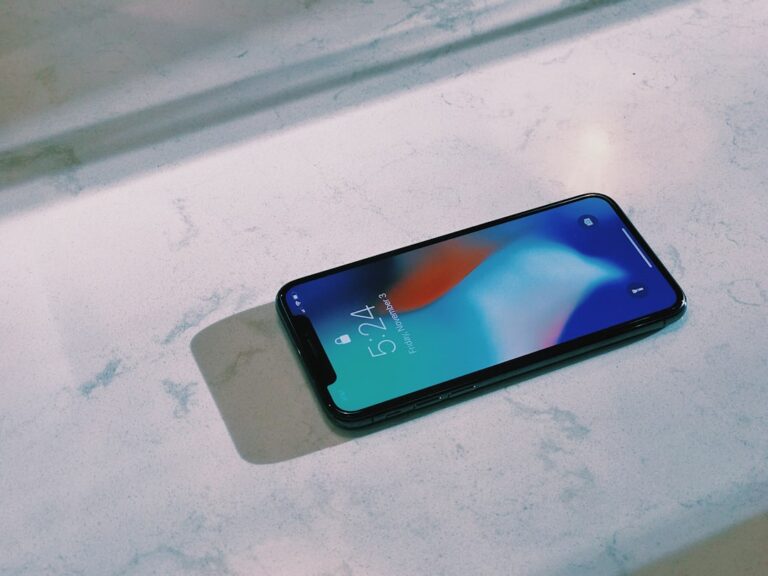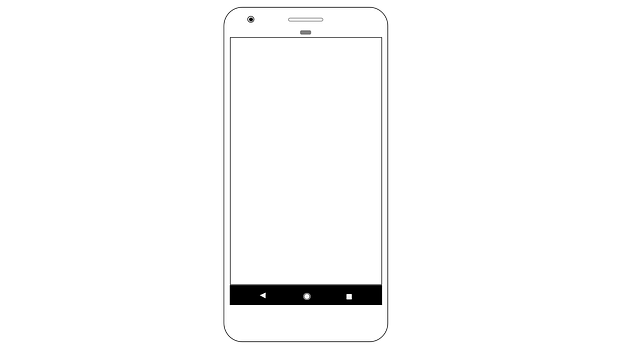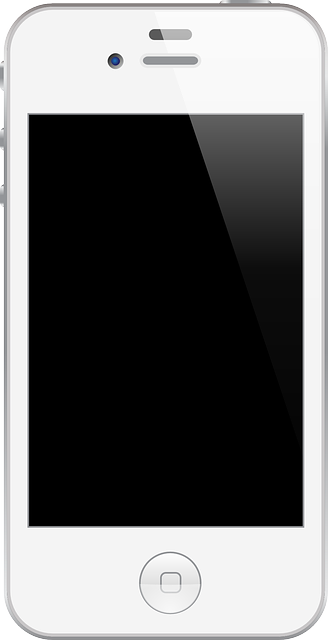Robocalls are common but often unwanted in North Carolina. While state laws offer less explicit protection than some other states, residents may still have recourse if their rights under the Telephone Consumer Protection Act (TCPA) are violated. This includes suing for damages, filing complaints with relevant authorities, and reporting fraudulent or deceptive practices. Understanding your rights regarding Can I Sue For Robocalls North Carolina is crucial for addressing unwanted automated communications.
In today’s digital age, social media platforms have become a double-edged sword. While they connect us globally, they also facilitate a modern nuisance—robocalls. This article explores how social media contributes to robocall reporting in North Carolina (NC), delving into the legal implications and rights of residents. We’ll navigate NC’s laws against unwanted phone calls, discuss when robocalls are permissible, and guide you on effective reporting methods. Moreover, we’ll examine if you can take legal action—even sue for robocalls—in this state.
Understanding Robocalls and Their Legal Implications in NC

Robocalls, automated phone calls made en masse, have become a ubiquitous yet unwanted aspect of modern communication. In North Carolina, as in many states, these calls are often used for marketing purposes, but they can also be fraudulent or violate privacy laws. The Legal implications of robocalls vary widely; while some states have stringent regulations against them, including restrictions on timing and content, North Carolina’s laws offer less explicit protection.
If you’re wondering can I sue for robocalls in North Carolina?, the answer is potentially yes. Several legal avenues could be pursued depending on the nature of the call. If a robocall violates your rights under the Telephone Consumer Protection Act (TCPA), which prohibits unsolicited calls, you may have grounds to file a lawsuit for damages. However, understanding your rights and navigating legal procedures can be complex, prompting many North Carolina residents to rely on consumer protection advocates or legal aid organizations for assistance in addressing these intrusive phone calls.
North Carolina's Laws Against Unwanted Phone Calls

In North Carolina, like many other states, unwanted phone calls, particularly robocalls, are regulated by state laws designed to protect residents from intrusive and fraudulent practices. The North Carolina General Statutes Chapter 75A outlines specific rules against automated telephone systems used for telemarketing or solicitation purposes without prior consent. These laws empower citizens to take action against repeated robocalls they receive.
If you’ve been experiencing a high volume of unwanted robocalls, you may have legal recourse. North Carolina residents who feel their privacy rights have been violated by these calls can file a complaint with the North Carolina Department of Justice. Additionally, if you believe a company or entity has engaged in deceptive or fraudulent practices through robocalls, you might consider seeking legal advice on potential lawsuit options, including the possibility of suing for robocalls under North Carolina’s consumer protection laws.
When Is It Legal to Make Robocalls?

In the United States, including North Carolina, the legality of robocalls is governed by the Telephone Consumer Protection Act (TCPA). According to this federal law, businesses and organizations are permitted to make automated calls for marketing purposes only if they have prior express consent from the recipient. This means that if you have not given explicit permission for a company or individual to contact you using robotic dialling, such calls could be considered illegal.
The TCPA also outlines strict rules regarding the content and timing of these calls, with restrictions on certain times of day, frequency, and the use of prerecorded messages. If you feel you have received robocalls without your consent, you may have legal recourse. The ability to sue for robocalls in North Carolina depends on whether the calls were made with or without permission, and individuals can seek compensation for any related harassment or financial loss.
Documenting and Reporting Robocalls Effectively

Robocallers often target North Carolina residents, leading to a surge in unwanted and fraudulent calls. Effective documentation and reporting are crucial steps for both individuals and authorities to combat this issue. When faced with a robocall, the first step is to identify and record the caller’s information. This includes noting down the phone number, call duration, and any suspicious messages or prompts. Many smartphones have built-in call recording features that can be utilized for this purpose. Additionally, taking screenshots of any pop-up alerts or automated scripts can serve as compelling evidence.
Reporting these robocalls is just as vital, especially if you suspect illegal activities or want to explore legal options. In North Carolina, residents can report such calls to the Federal Trade Commission (FTC) and their state attorney general’s office. Providing detailed information, including recorded call data, can help authorities trace and penalize perpetrators. Furthermore, understanding your rights and options is essential; if you believe you’ve been harmed by robocalls, consulting legal experts and exploring potential actions, such as suing for damages, is a feasible course of action under North Carolina laws.
Can You Take Legal Action: Suing for Robocalls in NC

If you’ve been a victim of robocalls in North Carolina, you might wonder if there’s any recourse or legal action available to you. The good news is that yes, you can take steps to address this issue. In many cases, robocalls violate federal and state laws designed to protect consumers from unwanted phone marketing practices.
In North Carolina, the North Carolina Department of Justice (DOJ) actively investigates complaints about robocalls and similar forms of nuisance calls. You can file a complaint with the DOJ if you believe you’ve been targeted by illegal robocalls. Additionally, private citizens may also take legal action against companies or individuals responsible for unsolicited phone calls. This could involve seeking damages, blocking future calls, or even securing an injunction to stop the practice.






